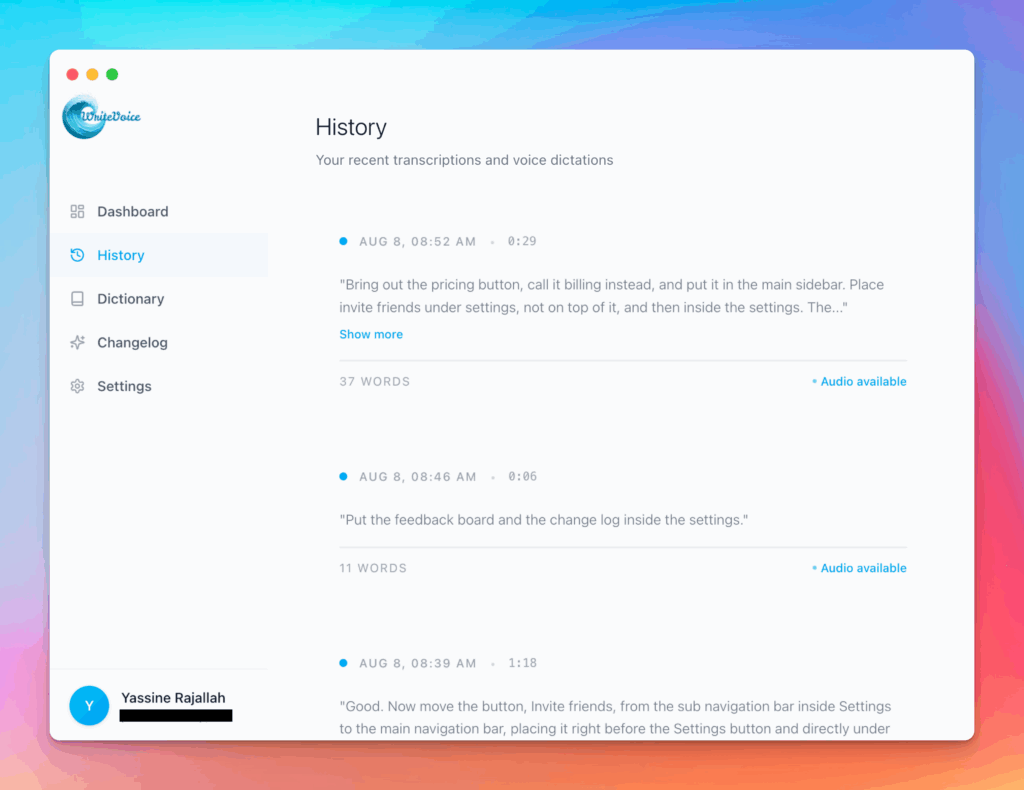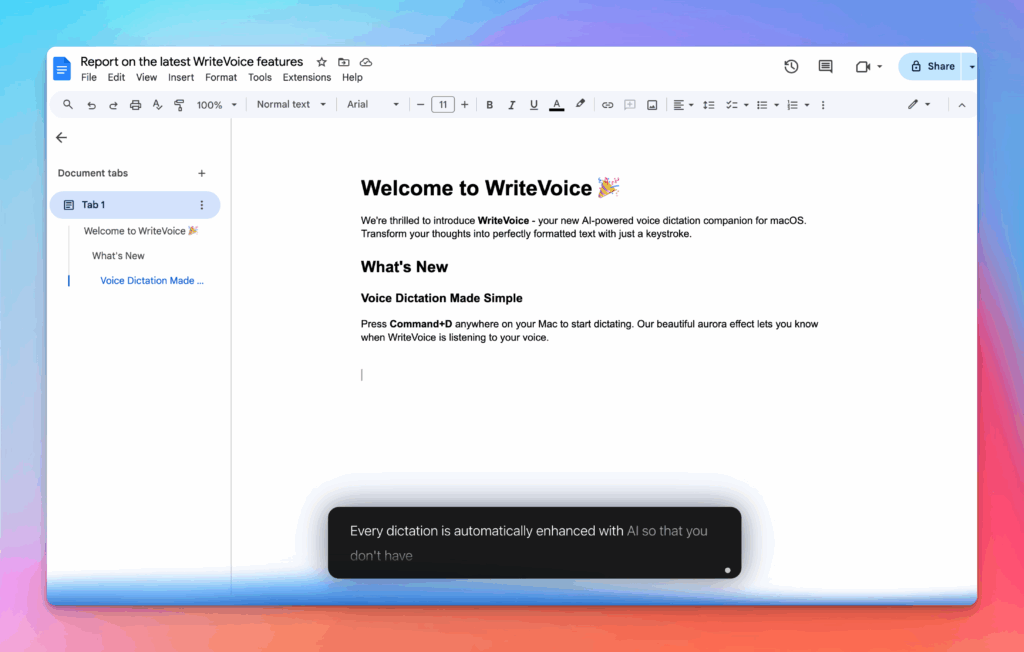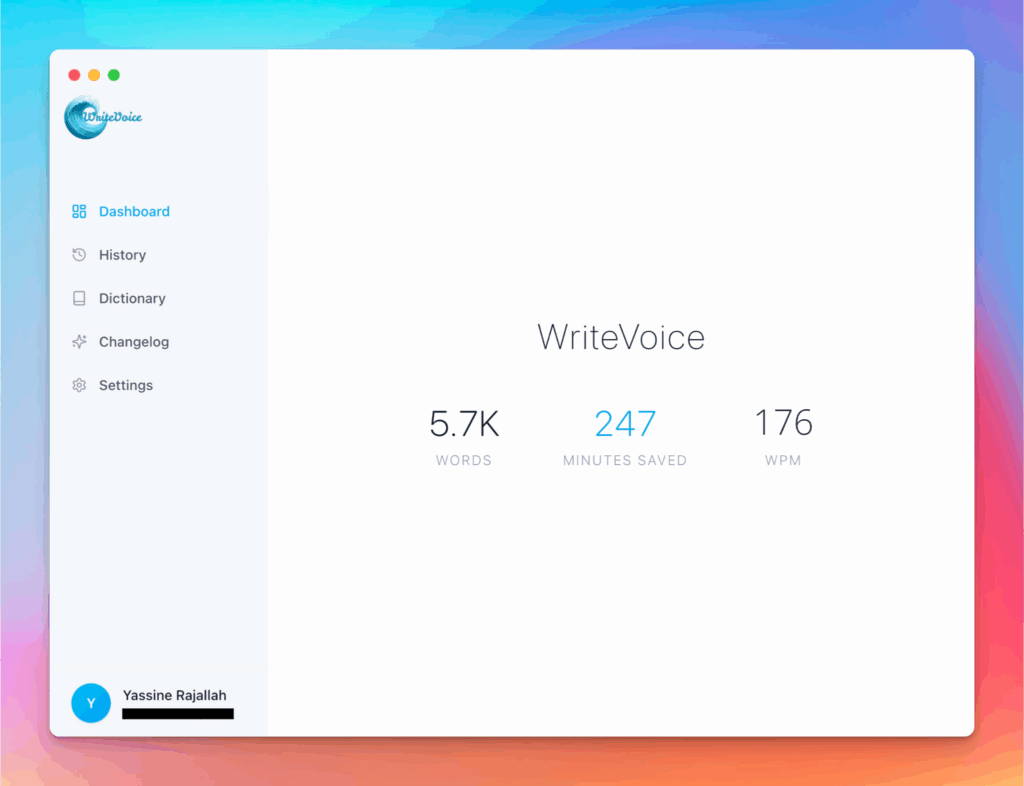Startup Company Valuation Calculator
Early-stage startups need special valuation methods. Calculate value for seed and Series A companies.
How the Startup Company Valuation Calculator works
Value startups using stage-appropriate methods: Berkus, scorecard, VC method. Consider team, market, and traction factors.
Startup valuation is more art than science. This calculator applies systematic methods to this challenge.
How it works
Tutorial
Early-stage startup valuation is notoriously difficult because traditional financial metrics don’t apply—there’s often no revenue, no profit, and sometimes just an idea. Instead, investors use specialized methodologies like the Berkus Method, Scorecard Method, and Risk Factor Summation to systematically evaluate pre-revenue companies. Understanding these approaches helps entrepreneurs justify valuations and negotiate fairly.
You have two options: use the calculator above to value early-stage startups with multiple methods, or follow this guide to manually apply startup valuation techniques.
The Formula
| Method | Approach |
|---|---|
| Berkus Method | Assign value (up to $500K) to 5 key factors |
| Scorecard Method | Compare to regional average, adjust by factors |
| Risk Factor Summation | Start with base value, adjust for 12 risk factors |
| VC Method | Terminal Value ÷ Expected Return × Retention % |
Step-by-Step Calculation
Let’s value a seed-stage startup using the Berkus Method.
Step 1: Evaluate Sound Idea (Business Model)
Assess the basic business value:
| Factor | Max Value | Assessment | Assigned Value |
|---|---|---|---|
| Sound Idea | $500,000 | Strong differentiation, proven model in adjacent markets | $350,000 |
Reasoning: The business model is proven in similar markets but requires adaptation for this specific use case.
Step 2: Evaluate Prototype
Assess product development and reduction of technology risk:
| Factor | Max Value | Assessment | Assigned Value |
|---|---|---|---|
| Prototype | $500,000 | Working MVP with 50 active users, positive feedback | $300,000 |
Reasoning: Functional product exists and is being used, but needs significant development before scale.
Step 3: Evaluate Quality Management Team
Assess the founding team’s ability to execute:
| Factor | Max Value | Assessment | Assigned Value |
|---|---|---|---|
| Management Team | $500,000 | Two technical co-founders, one previous exit, complementary skills | $425,000 |
Reasoning: Strong technical team with relevant experience and previous success, minor gap in sales/marketing expertise.
Step 4: Evaluate Strategic Relationships
Assess partnerships, advisors, and market access:
| Factor | Max Value | Assessment | Assigned Value |
|---|---|---|---|
| Strategic Relationships | $500,000 | LOI from major potential customer, 3 strong advisors | $275,000 |
Reasoning: Good foundation with letter of intent and quality advisors, but relationships not yet materialized into revenue.
Step 5: Evaluate Product Rollout/Sales
Assess traction and market validation:
| Factor | Max Value | Assessment | Assigned Value |
|---|---|---|---|
| Product Rollout | $500,000 | $15K MRR, 40% MoM growth, early customer success stories | $250,000 |
Reasoning: Revenue exists and is growing quickly, but still very early with concentration risk.
Step 6: Sum All Factors for Total Valuation
Add the values assigned to each factor:
| Factor | Value |
|---|---|
| Sound Idea | $350,000 |
| Prototype | $300,000 |
| Management Team | $425,000 |
| Strategic Relationships | $275,000 |
| Product Rollout | $250,000 |
| Total Pre-Money Valuation | $1,600,000 |
Calculation: $350,000 + $300,000 + $425,000 + $275,000 + $250,000 = $1,600,000
Step 7: Determine Appropriate Investment Terms
If raising $400,000, calculate post-money and dilution:
| Component | Calculation | Value |
|---|---|---|
| Pre-Money Valuation | $1,600,000 | |
| Investment Amount | $400,000 | |
| Post-Money Valuation | $1,600,000 + $400,000 | $2,000,000 |
| Investor Equity | $400,000 ÷ $2,000,000 | 20% |
Final Answer: The startup’s pre-money valuation is $1.6 million, resulting in 20% dilution for a $400,000 investment
What This Means
A $1.6M valuation for a seed-stage startup with $15K MRR ($180K ARR) represents a 8.9x revenue multiple, which is reasonable given strong team, early traction, and growth rate. The Berkus Method provides a systematic framework for what otherwise feels like arbitrary early-stage valuation.
Meet the fastest voice-to-text for professionals
WriteVoice turns your voice into clean, punctuated text that works in any app. Create and ship faster without typing. Your first step was Startup Company Valuation Calculator; your next step is instant dictation with WriteVoice.
A blazing-fast voice dictation
Press a hotkey and talk. WriteVoice inserts accurate, formatted text into any app, no context switching

Works in any app
Press one hotkey and speak; your words appear as clean, punctuated text in Slack, Gmail, Docs, Jira, Notion, and VS Code—no context switching, just speed with writevoice

Accurate, multilingual, and smart
97%+ recognition, smart punctuation, and 99+ languages so your ideas land first try, built for teams and pros.

Private by default
Zero retention, audio and text are discarded instantly, with on-device controls so you can dictate sensitive work confidently.

